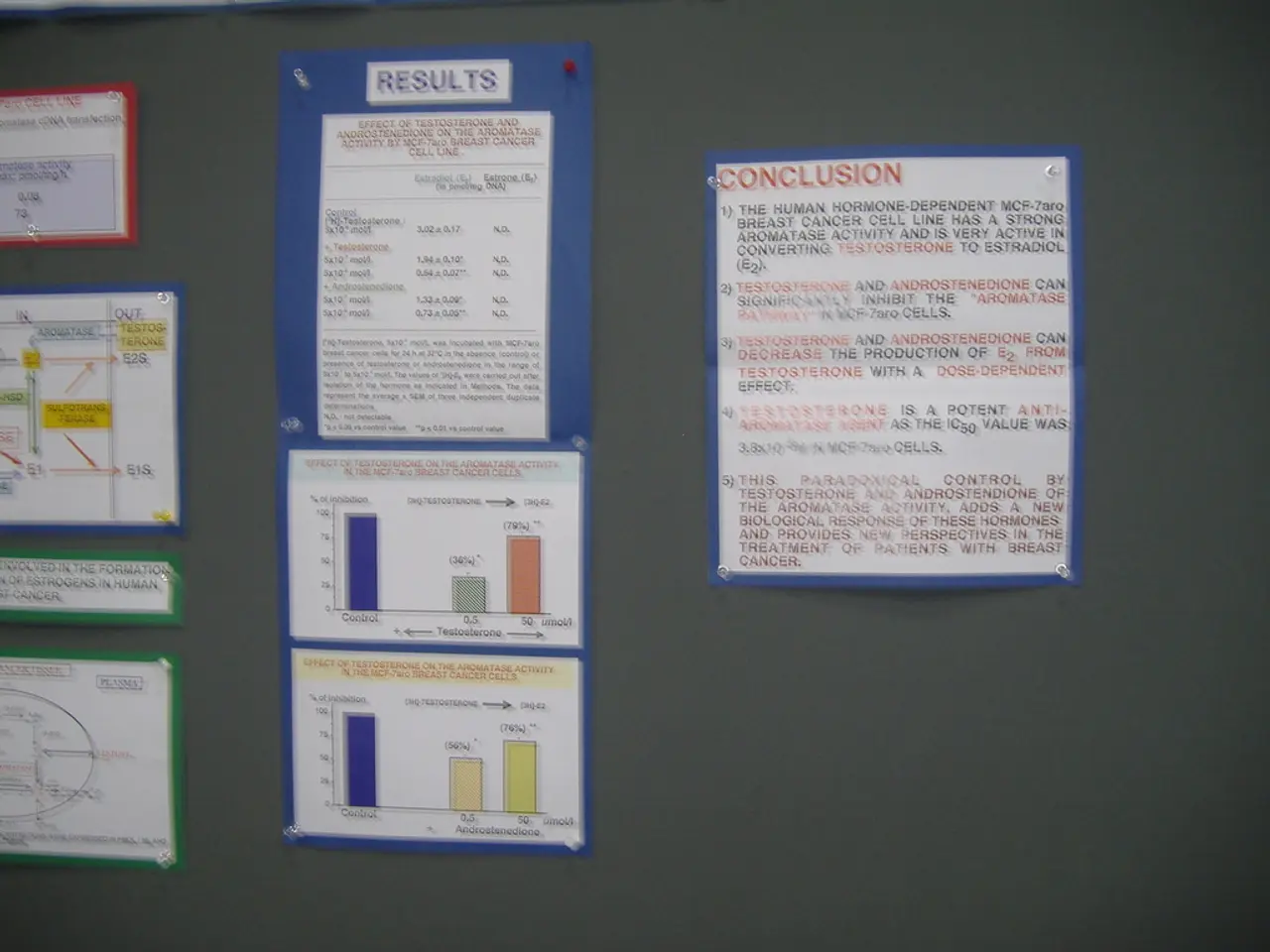Streamlined Oversight of Deposits by the OCC Potentially Overlooked in Recent Changes
OCC Reorganizes Bank Supervision, Elevates IT Security Function
The Office of the Comptroller of the Currency (OCC) has announced a significant reorganization of its bank supervision operations. The move aims to enhance efficiency and effectiveness by unifying oversight under a coordinated framework, streamlining operations, and improving resource allocation.
Under the new structure, the OCC will combine its supervision function for large banks with that for midsize and community banks, creating a single bank supervision and examination office. This consolidation will take effect in June and will be led by Greg Coleman.
One of the key changes in the reorganization is the elevation of the Information Technology and Security function. Jay L. Newton-Short, the current director of this function, is expected to take on a new senior deputy comptroller role and will serve as a member of the OCC's executive committee in June. Mr. Newton-Short, with a background in technology, security, and risk management, according to his LinkedIn profile, will play a crucial role in the OCC's operations.
The OCC's Information Technology and Security function has not been previously mentioned in the article, but this elevation could potentially improve the OCC's ability to handle technological and security issues more effectively.
The reorganization also impacts senior leadership roles, with potential evolutions or consolidations required. Leaders will now manage broader portfolios and coordinate across formerly separate teams, potentially increasing the need for strategic oversight and collaboration.
The OCC's reorganization reflects an evolving regulatory approach aiming to balance thorough oversight with operational efficiency. This is critical for maintaining financial stability and public confidence. The move aligns with ongoing regulatory improvements in supervisory processes, as other bank regulators like the FDIC propose improvements to supervisory appeals and oversight processes.
Meanwhile, the Consumer Financial Protection Bureau (CFPB) has signaled a shift in focus, de-emphasizing its oversight on non-depository institutions and shifting resources away from enforcement and supervision that could be done by states.
In other news, the Capital One-Discover merger has been approved by the Federal Reserve and Office of the Comptroller of the Currency. Beverly Cole, a 43-year veteran in charge of the midsize and community bank supervision office, will retire in May. The OCC's executive committee, a key decision-making body within the agency, will continue to play a pivotal role in these regulatory changes.
This reorganization offers opportunities for career development and progression for the OCC's examination workforce. The OCC's move also accomplishes a long-running Trump administration goal to streamline headcounts, initially at the management level.
References: [1] Regulatory DataCorp [2] American Banker [3] National Law Review
- The elevation of the Information Technology and Security function within the OCC, as Jay L. Newton-Short assumes a senior deputy comptroller role, could potentially enhance the organization's capacity to manage finance-related risks and maintain security in the banking-and-insurance industry.
- The restructuring initiatives at the OCC, such as the consolidation of banking supervision functions and the elevation of the IT Security function, indicate a focus on improving efficiency and effectiveness across the finance sector.




